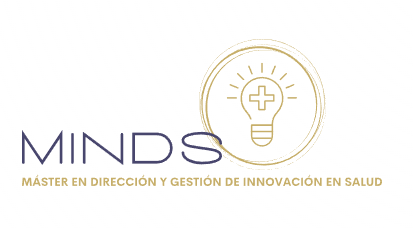Three schools, Sagrado Corazón (Esclavas), La Salle and La Marina in Bezana, have completed the first phase of the SWI project that IDIVAL carries out in Cantabria.
The project involves involving pre-university students (Secondary and high school) in a real research project, aimed at solving one of the most serious human health problems we face: the increase in infectious diseases caused by resistant bacteria to antibiotics. This project is based on a service-learning strategy, and aims to explore the microbial biodiversity of soils -in our case of Cantabria-, in search of new microorganisms that produce antibiotics.
A hundred of students belonging to these 3 educational centers that have completed the first phase of the project, have collected samples from different soils of Cantabria obtaining a total of 750 bacteria. Of these, preliminary results show that at least 2% have antimicrobial properties against superbug species resistant to antibiotics. Some of the isolated microorganisms have produced interesting compounds against pathogenic species such as Acinetobacter, Staphylococcus, Enterococcus, Enterobacter and Pseudomonas.

Thanks to the collaboration of the Biology teachers of these Centers, Marcos Bandín (Las Esclavas), Teófilo Marron and Belén Alonso (La Salle), and María Eugenia Moral, Sara Alonso and José Alfonso Sánchez (IES La Marina) the students have made magnificent laboratory practices, involved in research throughout the project.

The next educational centers to participate will be Escolapios, whose professors Javier López and Alicia Gutiérrez will be looking for new samples with their students and the CEO Príncipe de Asturias in Ramales de la Victoria whose teachers Cristina Fernández and Begoña Sierra will work with the students of 4th course of ESO.

Students who have obtained a microorganism that produces antibiotics in their research may request to participate in additional sessions in which molecular techniques will be used for the characterization of the microorganism, which will be developed in IDIVAL laboratories at the end of the school year.
The SWI program that is carried out in the IDIVAL Institute is directed by the research team of Dr. José Ramos Vivas, who belongs to the Clinical and Molecular Microbiology group of IDIVAL. The components of this research team, María Lázaro Díez (Biotechnology), Itziar Chapartegui González (Biologist), César Álvarez (Biotechnologist) and Carlota Noriega (Experimental Sciences).
























